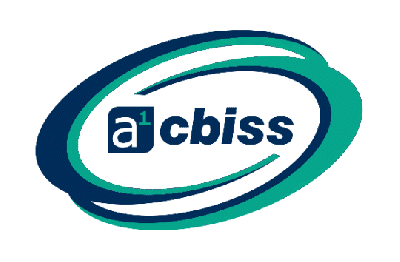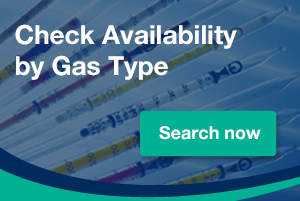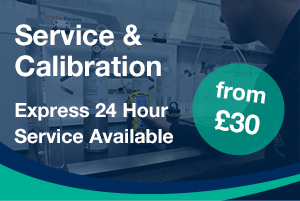As the Government eases lockdown measures that were introduced to combat Covid-19, many of us are starting to plan how to return to business. Re-starting operations after a break can present highly significant gas dangers. Your risk assessment must address gas hazards before operations begin.
A terrible example of what can happen otherwise has recently occurred in India. There, a persistent styrene leak, from a factory that had been closed due to the Covid-19 outbreak, killed at least 11 people, and harmed many more within a radius of several kilometres.
The need to check gas safety after a break in operations applies across many sectors. These include:
-Car manufacturing plants
-Hospitality – cellars and storage areas
-Leisure centres and swimming pools
-Refineries and chemical processing plants, where operations have been scaled back or stopped due to reduced demand
-Laboratories
-General industrial and manufacturing sites that ceased operations due to Covid-19.
What are the gas dangers?
While the challenges arising will vary by sector, the most common gas dangers include:
- Storage areas for toxic and/or flammable gases. This is likely to be a widespread danger because such areas are not always industrial. Swimming pool operators store chlorine; food-makers, pubs and bars use gases in the manufacture and dispensing of beverages. If gas has leaked during a shut-down, it may endanger property and staff when operations begin again. This could be a problem in areas that weren’t a problem before a shutdown but because of the lack of ventilation or air movement, dangerous gas could build up particularly in confined spaces.
- Stagnation of organic matter creates toxic or flammable gases. For example, methane and hydrogen sulphide may be generated by organic matter that has begun to degrade or ferment.
- Unused materials/chemicals can also be hazardous. For example, anything stored at a specific pressure may have experienced a change in that pressure, and materials stored in sub-optimal conditions (e.g. in terms of ambient temperature, pressure, exposure to light or operation) may now be unfit for purpose or even dangerous.
- Re-pressurisation of systems. Many industries – public buildings to oil refineries – use pressurised systems or equipment such as boilers, steam heating systems, autoclaves, pipework, heat exchangers and refrigeration plant. If these are not correctly pressurised, they may explode, leak or cause contact injuries. Any break in operations may have caused or coincided with a change (usually a drop) in pressure.
Some systems contain gases that are inherently toxic/flammable, some gases may be safe in normal process conditions but are now less safe due to changes in pressure or other conditions created by a recent shut-down. In any case, there is a legal duty to maintain pressurised systems (you can find out more from the HSE’s pages here) so it makes sense to check the system before re-starting operations, and to re-pressurise the system if required.
What should I do before re-starting operations?
Before restarting operations, a complete risk assessment should be carried out which includes gas hazards.
Pre-entry checks may be required to ensure that it’s safe to enter. This can be done using Gastec tubes or a portable gas detector. Once in the environment, you may need a respirator to assist with breathing safely until the air is safe to breathe freely.
If there is a continual gas hazard risk, you should have a gas detection system, have the gas sensors been calibrated recently? Was the gas detection system shut-down and is the system now communicating properly? Has the system been in alarm, what does that mean? It could be worth having the system serviced to make sure everything is running safely.
Bring in the experts
If you have any questions regarding the operation or safety of your environment when it comes to gas detection, a1-cbiss has a wealth of knowledge gathered over many years from the design, installation and servicing of gas detection equipment. For advice and support with gas dangers, contact us




